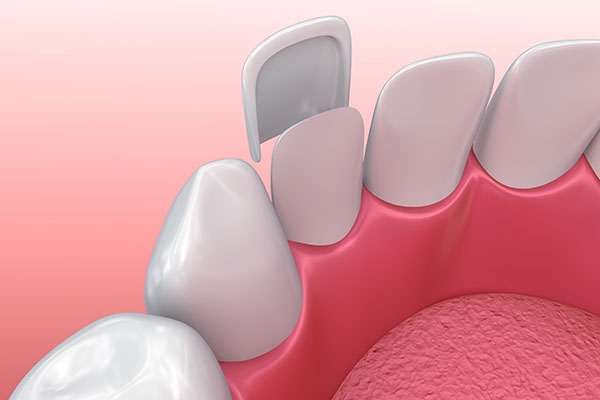Gingivitis: What You Need to Know About This Type of Gum Disease

Avoiding gum disease at all costs is essential, as once someone is diagnosed with this dental-related disease, it means that they are in need of additional dental treatment to restore their good oral health. Even though gingivitis is the mildest form of gum disease, it can still cause harm to one’s overall good oral health.
About gingivitis
Thinking that you may have gum disease? When someone is diagnosed with gingivitis, it means that there is a buildup of bacterial plaque taking place on and around their teeth. While this plaque buildup will irritate the gums, if not treated, gingivitis will eventually cause the gums to separate from the teeth. When this begins to happen, it begins to damage the soft tissues and bones supporting the teeth. This separation can lead to tooth loss, which is to be avoided, as lost teeth need to be replaced. According to the American Dental Association, gingivitis is an inflammation of the gums, usually caused by a bacterial infection, and if left untreated, it can become a more serious infection known as periodontitis.
Important facts about this stage of gum disease
The list below includes information on what everyone needs to know about this stage of gum disease.
Risk factors
Even though most people who are diagnosed with gingivitis receive their diagnosis because they are not properly taking care of their oral health, there are additional risk factors that can cause someone to have gingivitis. These risk factors include but are not limited to a change in hormones, having a family history, smoking, taking certain medications, not consuming a healthy diet or being diagnosed with certain diseases, e.g., diabetes, cancer, etc.
Common signs
It can be difficult for some people to know if they have gingivitis when it is in its beginning stages. This is because the beginnings of this disease tend to not cause any discomfort or pain. This is one of the main reasons that it is so important for every dental patient to make regular dental appointments. Common signs associated with gingivitis include soft gums, receding gums, tender gums, bleeding gums, swollen gums, gums that take on a red or purple hue and any level of bad breath.
Treatment
Those who are diagnosed with gingivitis will need to undergo dental treatment as soon as possible in order to restore the health of their gums. The fact that this is the first stage of gum disease means that treatment will be easier, making it essential for those with gingivitis to seek treatment as soon as possible. Treatment requires patients to undergo a scaling and root planing process, also known as a deep cleaning. For those who do not seek dental treatment in a timely manner, they will also need to undergo a deep cleaning, as well as one or more other treatments, e.g., taking medications, undergoing dental surgery, etc.
Got gingivitis?
Are you living with the first stage of gum disease? This stage of gum disease is the easiest to treat, making it essential for anyone who experiences any signs of gum disease to make a dental appointment as soon as possible for treatment. Gum disease is preventable and requires one to make and adhere to a daily oral hygiene routine. For those who need help making a routine, they can simply ask their dental professional for their experienced guidance.
Request an appointment here: https://bcdentalneedham.com or call Brede Ciapciak Dental at (781) 443-8134 for an appointment in our Needham office.
Check out what others are saying about our dental services on Yelp: Gum Disease in Needham, MA.
Recent Posts
One common, but potentially dangerous, dental issue is gum disease. This disease has three stages, and if it is caught early enough, it can be prevented from getting worse. Once it reaches the advanced stages, it is irreversible, and the treatment methods can be intense. If you suspect you may have gum disease, it is…
Laser dentistry is a less invasive way to treat gum disease. Continue reading to learn more about how laser dentistry is used to treat periodontal disease. Gum disease is caused by oral bacteria in plaque and tartar building up on teeth roots and gum pockets. Plaque, a sticky film that develops in the mouth, contains…
Dental veneers can restore the look and shape of teeth, covering a variety of imperfections. The procedure usually involves several steps in appointments spread out over a few weeks. Patients first consult with the dentist to determine whether the treatment is the right choice, before the veneers are created and fitted to the patient’s mouth.Veneers…
Dental veneers are made of porcelain or composite resin material. The shells cover the front surface of a patient's front teeth and can be used to change the size, shape, or color of teeth. These restorations have been used for years to transform smiles, but some may wonder about their permanency. There are several reasons…


